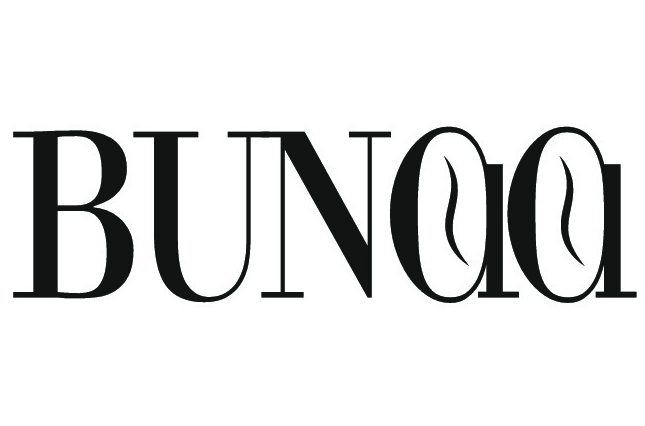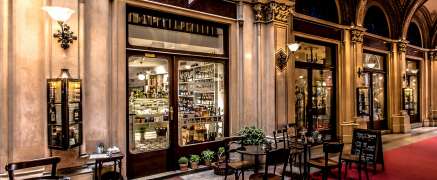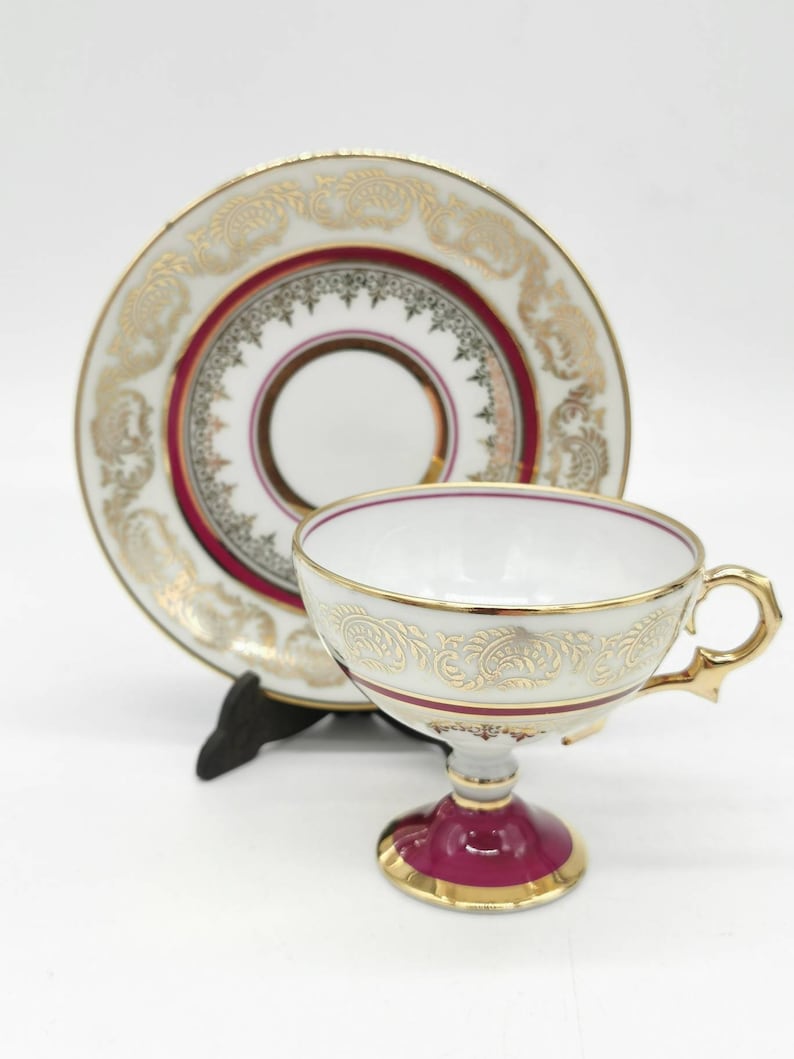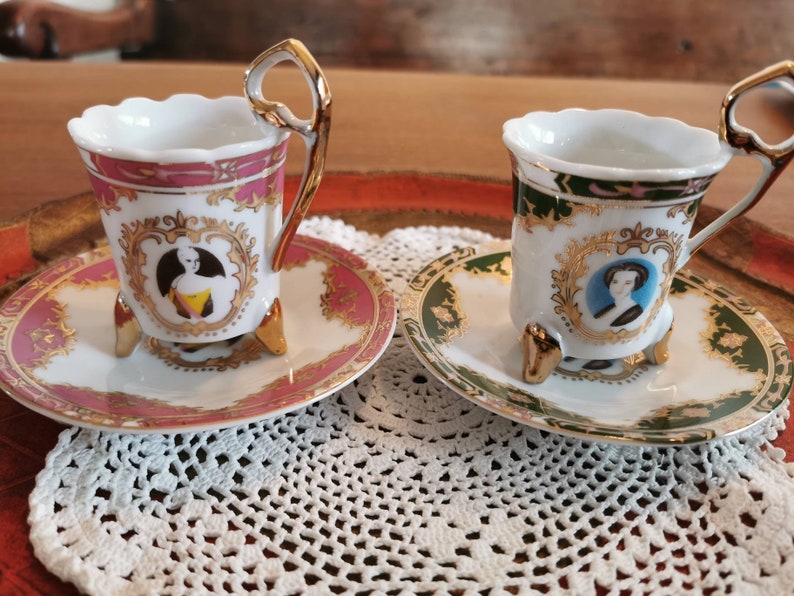Viennese Coffee on the 26th October, the Austrian national holiday, is a must to celebrate.
Coffee is not cultivated in Austria. That does not stop the Viennese, however, from celebrating coffee to the smallest detail. That is why, as the title suggests, it is the preparation. Beforehand, however, some facts:
- 2nd half of the 17th century: coffee consumption in princely houses thanks to the Ottoman ambassador.
- 17 January 1685: Opening of the first Viennese coffee house by Johannes Theodat
- Since 2002, on 1 October, the day of coffee is celebrated.
- From the 13th – 16th January 2017 The Vienna Coffee Festival is celebrated in Vienna.
- 1952 Foundation of the Austrian coffee and tea association.
- 2.9 cups of coffee the Austrian drink daily (European top field).
- 42% of Austrians now drink capsule coffee.
- 1/3 drinks coffee from fully automated coffee machine.
- Even if capsules and coffees are on the rise, quality and good taste are important for Vienneses.
Classic Viennese coffee specialties:
- Kleiner/großer Brauner – single / double mocha with milk or cream in small bowl. The cream or milk is traditionally served in a tiny porcelain pot, reminiscent of a slightly larger thimble, on the tray, so that the guest himself can determine the mixing ratio.
- Einspänner – One of the most famous Viennese Coffee specialties; small mocha in the glass with a lot of cream (doppelter Einspänner: large mocha)
- Fiaker – large mocha in the glass with lots of sugar and a shot glass Sliwowitz or Rum (Fiaker also means horse carriage)
- Häferlkaffee – Filter coffee in coffee cups with mostly high milk content
- Kaffee verkehrt – coffee with 2⁄3 milk and 1⁄3 coffee
- Kapuziner – black coffee with a shot of liquid cream
More Viennese Coffee Specialties
- Kosakenkaffee – small mocha in the Einspännerglas, mixed with liquid sugar, red wine and vodka
- Mazagran – cold sweetened coffee with ice pieces and brandy / cognac or maraschino
- Melange – half coffee, half milk
- Obermayer – sweetened double mocha, with a thin layer of cold cream. The hot coffee is drunk through the cream and should not mix.
- Franziskaner – light melange with cream
- Kaisermelange – mocha with egg yolk, also with honey and wine brandy / cognac
- Schale gold – A single or double mocha is mixed with cream so that it has a golden brown color.
- Schale Nuss – A single or double mocha is mixed with cream to give it a nut-brown color.
- Séparée – coffee and cream are served in separate cups/glasses so that the guests can mix them themselves.
- Steirisch Kaffee – 4 sugar cubes and 4 cl of the “Styrian coffee” mixture are placed in the “Styrian coffee” cup, then it is flambéed and the whole thing is deglazed with a large mocha. Garnish with whipped cream and nuts.
- Landtmann – A specialty of the café Landtmann. Brandy, coffee liqueur and sugar are heated and mixed with strong espresso, followed by whipped cream, cinnamon powder and a chocolate coin.
Advertisment
More Viennese Coffee Specialties
- Wiener Melange – melange, served with foamed milk in the glass
- Maria Theresia – Mocha with a dash of orange liqueur
- Mokka gespritzt – Mocha with wine brandy / cognac and rum
- Advocat – espresso, eggnog, milk froth layered in a glass and garnished with chocolate flakes.
- Amadeus – Also called Mozart. A large mocha with whipped cream, pistachio slivers and Mozart liqueur
- Verlängerter – kleiner Schwarzer/Brauner is extended with the same amount of hot water
- Weißer mit Haut – light melange, served with hot, non – whisked milk on which a skin forms.
Remarks about Viennese coffee: Obers/ Schlagobers is the name of the (whipped) cream
Stamperl a liqueur glass and light melange means light milk coffee
If that is not enough or you are missing something, you find it definitely here.
Coffee houses in Vienna to enjoy Viennese coffee
A pleasant atmosphere is soooo important. This is why you should visit Vienna in the following classic coffee houses:
- Café-Restaurant Landtmann – Vienna’s most elegant café-locality
- Café Central – traditional café since 1876
- Café Demel – here you can get the best sweets of the city for coffee since 1786
- Café Sacher – a traditional Austrian institution
Those who prefer it modern, sustainable and high coffee quality:
- CaffèCouture – owner is the multiple Barista champion Georg Branny
- Kaffeemodul – Direct Coffee Roaster Quijote Coffee from Hamburg
- Vienna School of Coffee – award-winning owner Johanna Wechselberger, who prepares her directly traded coffee here.
- Coffee Pirates – high-quality selection of organic certified coffees
For advertising links on this page the dealer may pay a commission. These advertising links are marked with an asterisk (*) – images and banners are marked with “Ads” or “Advertisment”. There are no costs for you. Find more information in the data protection regulations here.





